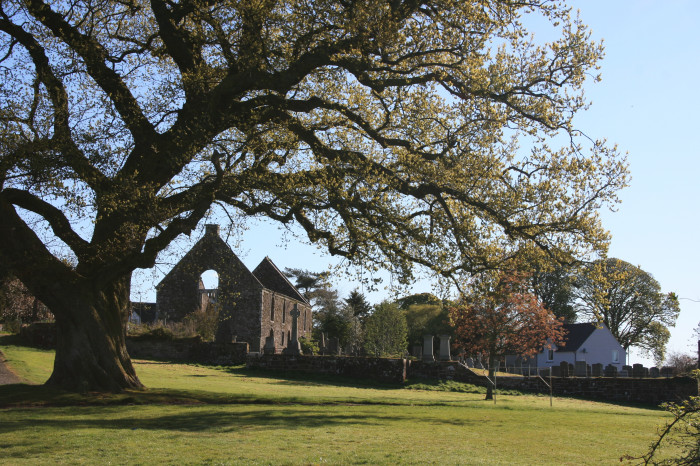
Information
Funerals

When someone we love dies, life takes on a whole new set of challenges. It may be that the one we love has battled long and hard against an illness, or it could be that this has been a sudden loss which no one could have anticipated. Whatever the circumstances, no one can really prepare us for what it feels like.
This should explain some of the practical things you need to know. It is not written specifically for the bereaved, but it may help in those circumstances. It is written for anyone who wants to know what to do, what to expect, and where to turn assistance.
Arranging a Funeral:
Who can ask for the Minister’s Help?
The short answer to this is – anyone. Because the Church of Scotland is a national church, anyone may call on the services of the minister. This may be during a long illness, when life is ending, or in the immediate aftermath.
When do we call the minister in?
Whenever you feel it may help. Very often, the minister only knows a death has taken place when the funeral director calls. However, the minister is always happy to be called to support a family during illness, and around hospital stays. The minister is not informed by the NHS if someone within the parish is ill or in need of support. So please, if it feels appropriate, don’t be afraid to call.
Do I need to be a member of the church to use the Church?
No - Killearn Kirk is the Parish Church. It is for anyone who lives in the Parish or has a family connection to the parish and they may use the church for a funeral service.
How do we plan the funeral?
Occasionally, people make their feelings known in advance, and it may be that there is already a written plan, such as hymns already chosen.The minister can even help with planning. A visit to chat about what you want is not inappropriate and can be a help. Often, it is not until after the loved one has died that the family begin to wonder what to do. Many people begin by contacting the Funeral Director who will liaise with the minister regarding when they are available, and checking that the church (or crematorium) is free. The funeral director will pass on all your contact information, and the minister will phone to arrange a convenient time to talk about the service.
At the meeting you will be asked about important events in the family history; such as when your loved one was born; which schools they attended, first jobs, their relationships and so on. It is listening to you talk about your loved one that helps the minister to picture them, tell their story and then choose appropriate music, readings, poems and prayers. Also, if you have not already done so, to help you choose the hymns or other music you want.
The minister and local church want to make this difficult time as bearable as possible. We will do all we can to support, care, and carry out your wishes at this time. Please contact the minister if you need to know anything else.
What does it cost to use the church?
There is a fee for the use of the church, the services of the organist and the church officer (the funeral director will look after this for you). There is no fee for the services of the minister.